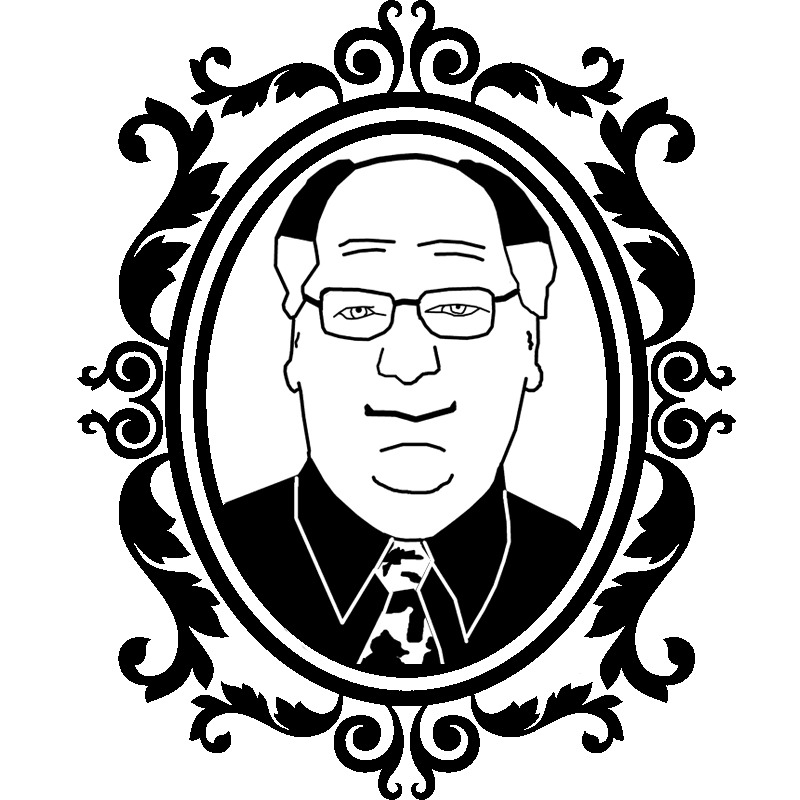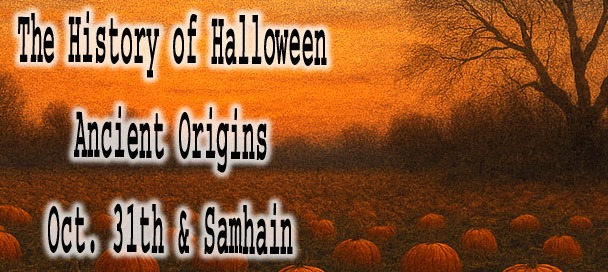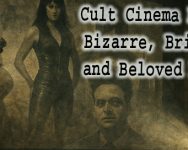🎥 Burt Lancaster: Hollywood’s Reluctant Rebel with a Leading Man’s Face

Burt Lancaster as Robert Stroud in Birdman of Alcatraz (1962)
Burt Lancaster didn’t set out to be a movie star he kind of fell into it. A former circus acrobat with steel-blue eyes and a jaw that could cut glass, he looked like a golden-age heartthrob but brought something different to the screen: edge.
Burt Lancaster (1913-1994) was a golden-age Hollywood star whose athletic beginnings and fierce integrity reshaped what a leading man could do. He burst onto the scene in The Killers (1946), and from film noire to Westerns, war dramas to romantic epics, he dragged conventional hero roles into morally complex territories. He didn’t just act, he produced, he chose danger, he challenged clichés, and he built his power behind the camera. In Birdman of Alcatraz (1962) and Elmer Gantry (1960), his performances revealed layers of compassion, guilt, ambition, and regret that ordinary belles-and-bullets themes could not touch. Decades after his last film, his influence lives in actors who refuse safety and demand truth in every scene.
From the beginning, he refused to be boxed in. Sure, he could play the square-jawed hero, but he was just as comfortable flipping the script taking on morally complex roles, gritty outlaws, and even straight-up villains. He had taste, guts, and a tendency to choose projects nobody else dared touch.
He launched into stardom with The Killers (1946), a film noir that instantly made him a name to watch. Unlike other pretty faces in Hollywood, Lancaster didn’t ride charm alone he had presence. He moved like a fighter and acted like one too, often clashing with studios to maintain creative control.
By the 1950s, Burt Lancaster wasn’t just a bankable star he was producing his own films, working behind the camera to make sure stories had substance. And while audiences showed up for the looks, they stayed for the fire burning just beneath the surface.
He was more than a face; he was fire. Burt Lancaster made the roles that looked risky feel like truth.
👶 Early Life
Burt Lancaster was born Burton Stephen Lancaster on November 2, 1913, in the East Harlem neighborhood of New York City. The son of a postal worker and a housewife, he grew up in a tight-knit, working-class Irish-American family that valued discipline and grit over glamour.
From an early age, Burt stood out not just for his athletic build, but for his restless energy. He played stickball in the streets, read voraciously, and idolized adventurers and outlaws in the dime novels he snuck past his mother. Still, no one could’ve guessed he’d become a movie star.
In high school, he discovered a passion for gymnastics, which would eventually shape the first act of his career. He earned a scholarship to NYU but dropped out during the Great Depression to join the circus. That’s right he became a professional acrobat, touring the country with partner Nick Cuccia as part of the Lang & Crandall circus.
His dreams came crashing down in 1939 when an injury ended his trapeze work. After that, he worked odd jobs, did a stint with the Army during World War II, and ended up working in USO shows. That’s where someone spotted him not on a screen, but on a stage. The rest, as they say, was silver screen history.
Explore the Biographies of Iconic Celebrities
🎬 Film and TV Career
Burt Lancaster on Meeting The Birdman of Alcatraz
Burt Lancaster didn’t warm up he exploded onto the scene. His first film, The Killers (1946), paired him with Ava Gardner in a smoky, shadow-drenched noir that set the tone for a career full of risk and range. The camera loved him, but more importantly, he knew how to use it.
He quickly followed up with powerful performances in Brute Force (1947), a prison drama that showcased his raw intensity, and Criss Cross (1949), another gritty noir classic that solidified his leading man status. In Sorry, Wrong Number (1948), he stood toe-to-toe with Barbara Stanwyck, holding his own against one of the strongest screen legends of the era.
Lancaster wasn’t content playing just one kind of role. He took risks early Come Back, Little Sheba (1952) proved he could do quiet, emotionally complex work, and From Here to Eternity (1953) turned him into a legend. That iconic beach kiss with Deborah Kerr in the crashing surf? Burned into cinema history alongside powerhouse co-stars Montgomery Clift, Frank Sinatra, Donna Reed, and Ernest Borgnine, all delivering unforgettable performances in one of the most celebrated ensemble casts of the decade.
He moved between genres like he had something to prove Apache (1954) and The Kentuckian (1955) took him into Western territory, while Trapeze (1956) with Tony Curtis and Gina Lollobrigida brought him full circle to his acrobat roots. The guy could brawl or fly, depending on what the script called for.
He tackled war films The Train, Run Silent, Run Deep, political dramas Seven Days in May with Kirk Douglas, and religious epics like Elmer Gantry (1960), where he gave one of his most blistering performances as a con man-turned-revival preacher a role that earned him an Academy Award for Best Actor.
By the 1960s, Burt Lancaster had become a producer and power player. With his company, Hecht-Hill-Lancaster, he helped bring risky, unconventional stories to the screen, like Sweet Smell of Success (1957), where he played a ruthless gossip columnist opposite Tony Curtis in one of the most cynical takes on fame and media ever filmed.
He kept evolving with the times. In the 1970s, he starred in Valdez Is Coming (1971), Ulzana’s Raid (1972), and Executive Action (1973), the latter of which boldly suggested a conspiracy behind the JFK assassination. He wasn’t afraid of controversy he welcomed it.
In his later years, he showed up in prestige projects like Atlantic City (1980), earning another Oscar nomination, and lent his gravitas to ensemble films like Local Hero (1983) and Field of Dreams (1989) with Kevin Costner. Even when the roles got smaller, the screen still bent to him.
TV wasn’t off-limits either. He did narrations, made-for-TV movies, and mini-series appearances that reminded everyone he never phoned it in. Every line, every look Burt Lancaster meant it.
🐤 Birdman of Alcatraz – Burt Lancaster’s Masterpiece Behind Bars
In Birdman of Alcatraz (1962), Burt Lancaster delivers one of the most haunting performances of his career as Robert Stroud, a real-life convicted murderer who finds redemption not through parole or forgiveness, but through birds.
Sentenced to a lifetime of solitary confinement, Stroud discovers a sick sparrow in the isolation yard and nurses it back to health. What begins as a quiet act of compassion transforms into a lifelong study of avian behavior, and eventually, a worldwide reputation as an expert ornithologist.

Burt Lancaster stars as Robert Stroud in this unforgettable prison drama based on a true story.
Despite having only a third-grade education, no formal training, and no chance of release, Stroud’s cell becomes a sanctuary both for the birds and for himself. This powerful, introspective film explores how healing others can sometimes be the key to healing ourselves.
Lancaster was nominated for an Academy Award for Best Actor for his portrayal, bringing a simmering intensity and quiet dignity to a man often remembered as one of the most complex prisoners in American history.
The film also boasts a remarkable supporting cast including:
Thelma Ritter as Stroud’s controlling mother,
Karl Malden as prison warden Harvey Shoemaker,
Neville Brand as the guard who slowly comes to respect Stroud,
Telly Savalas in one of his early breakout roles, and
Edmond O’Brien as the sympathetic prison reformer Thomas E. Gaddis.
Directed by John Frankenheimer, this isn’t just a prison movie it’s a psychological character study, a meditation on loneliness, and a quiet rebellion against the dehumanizing effect of incarceration.
Variety once called it the “finest prison picture ever made,” and for good reason. It’s a slow burn, rich with nuance and compassion, and anchored by one of Lancaster’s most emotionally layered performances.
This DVD edition offers a clean digital transfer, subtitles, and a fascinating look into the man behind the legend an outlaw who found purpose in the smallest, most fragile things on earth.
🕊️ Later Years
As the golden era of Hollywood began to dim, Burt Lancaster didn’t fade with it he just got sharper. While many actors his age coasted on name recognition, Lancaster kept chasing substance. He didn’t need to prove himself anymore, but he still refused to settle.
In the 1980s, he delivered a career-reviving performance in Atlantic City (1980), playing an aging gangster longing for relevance. It earned him another Academy Award nomination, and critics hailed it as one of his most vulnerable, human roles. He followed that with memorable turns in Local Hero (1983), Tough Guys (1986) with Kirk Douglas, and his brief but powerful appearance in Field of Dreams (1989), where he played the soft-spoken Doc “Moonlight” Graham.
Behind the scenes, his health was declining. A series of strokes in the early ’90s left him partially paralyzed and struggling to speak. But even then, he kept a quiet dignity choosing privacy over pity.
Burt Lancaster remained politically vocal throughout his life, speaking out on civil rights, nuclear disarmament, and humanitarian causes. He was never afraid to take a stand, even if it meant losing work. That defiance never left him it was who he was, on screen and off.
He passed away on October 20, 1994, at age 80, surrounded by family in his Los Angeles home. There was no dramatic farewell, just the quiet end of a man who had already said everything he needed to with grit, grace, and a hell of a lot of screen presence.
He once turned down roles in Ben-Hur and Patton because he didn’t want to play characters he didn’t respect.
🏆 Legacy
Burt Lancaster didn’t just ride the wave of Hollywood’s golden age he helped shape it, then refused to be confined by it. With that athletic frame, piercing stare, and unmistakable intensity, he could’ve coasted on looks alone. But he never did. He pushed for better scripts, better roles, and better stories even when studios pushed back.
He was one of the first major stars to start his own production company, opening the door for actors to take control of their careers. Without Lancaster, you don’t get Sweet Smell of Success. You don’t get Marty a film he produced that went on to win Best Picture. His behind-the-scenes work mattered as much as his on-screen performances.
He won an Academy Award, earned multiple nominations, and headlined some of the most iconic films of the 20th century. But more than that, he brought depth to the American male archetype adding vulnerability, principle, and at times, painful honesty. Whether playing heroes, sinners, or something in between, Burt Lancaster always made you feel like you were watching something true.
His influence still echoes today in actors who take risks, who defy typecasting, who refuse to compromise. Think Denzel Washington, Daniel Day-Lewis, Viggo Mortensen all chasing roles with grit and meaning, just like Burt did.
To this day, film schools teach his performances. Directors cite him. And every time From Here to Eternity plays and that beach kiss rolls onscreen, new audiences learn why Burt Lancaster wasn’t just another star he was a force.
🗣️ Why They Still Matter
Burt Lancaster matters because he showed that power in film doesn’t come from gloss—it comes from choices. He insisted on creative control, on stories that felt real, on vulnerability even when playing “tough guys.” His career is a reminder that true legacy belongs to those who push boundaries, not just those who follow paths.
Further Reading & Resources
📖 Read: Robert Stroud – The Birdman of Alcatraz
🔍 Explore: Birdman of Alcatraz (1962) – AllMovie

ML Lamp is the owner of Kilroy Was Here. After his 20 years of working in Las Vegas in the entertainment promotions field, Mr. Lamp retired in 2002 from his job to pursue his passion for collectibles. Now as a guest speaker and author he’s living the dream, and sharing his warmth with You.





